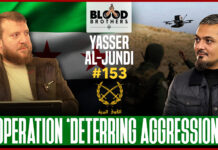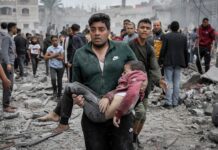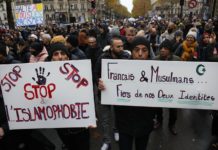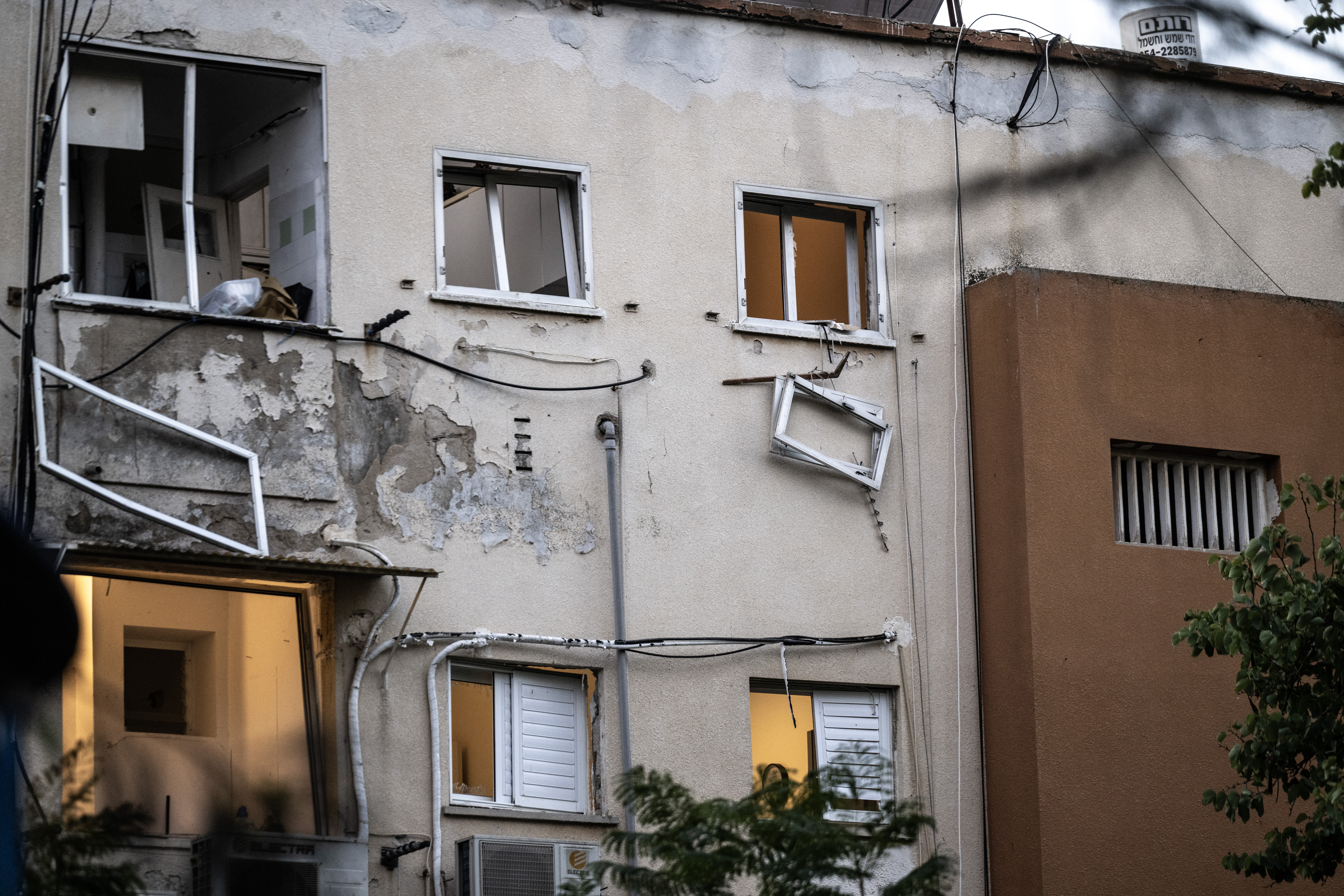Hungary’s prime minister, Viktor Orbán, has claimed Europe’s Christian identity is under threat due to the recent influx of “Muslim refugees”.
Orbán’s comments came as he arrived in Brussels earlier this week for a showdown with EU leaders over his harsh policies in Europe’s biggest refugee crisis since the second world war.
“Everything which is now taking place before our eyes threatens to have explosive consequences for the whole of Europe,” Orbán wrote in Germany’s Frankfurter Allgemeine Zeitung. “Europe’s response is madness. We must acknowledge that the European Union’s misguided immigration policy is responsible for this situation.
“Irresponsibility is the mark of every European politician who holds out the promise of a better life to immigrants and encourages them to leave everything behind and risk their lives in setting out for Europe. If Europe does not return to the path of common sense, it will find itself laid low in a battle for its fate.”
Germany, France, and Italy are demanding an overhaul of European asylum procedures. Attempts to get to grips with the crisis have left the EU floundering and the Schengen passport-free travel zone across 26 countries threatening to unravel.
“Today everything is immigration,” said the EU president, Donald Tusk, on Thursday. “We live in sobering, shocking times.”
“The Schengen treaty is under threat, that’s absolutely clear,” said Martin Schulz, the European parliament speaker, after meeting Orbán. “This is a crucial moment for the European Union. A deeper split of the union is a risk we cannot exclude.”
Subscribe to our newsletter and stay updated on the latest news and updates from around the Muslim world!
As confusion over border controls and free movement deepen, there were chaotic scenes at Budapest’s Keleti railway station when the Hungarian authorities’ on-off approach to running the trains shifted. Thousands of people scrambled to board trains hoping they were heading for Germany after authorities restarted rail traffic a day after closing the station to refugees.
“This is not a European problem, it’s a German problem,” said Orbán in Brussels. “They all want to go to Germany.”
Tusk said Europe was split east-west over the influx, with some, such as Orbán seeking to contain the crisis by erecting border fences. Others, led by Germany, wanted obligatory quotas for refugees across the union.
Securing the EU’s borders was the most urgent challenge, Tusk said, adding that he expected 500,000 “irregular migrants” to arrive in Europe this year. That seemed an understatement, given that Berlin has projected arrivals of 800,000 for Germany alone.
Shifting his previous opposition to binding quotas across the EU, Tusk said the union should relocate 100,000 people. Jean-Claude Juncker, the president of the European commission, is to table more ambitious proposals next week and is expected to raise the quota figure to 160,000 from the 40,000 proposed in May and fought over since.
Natasha Bertaud, the commission’s spokeswoman on migration, indicated that any relocation would relieve the high numbers of people arriving in Italy, Greece, and Hungary.
The French prime minister, Manuel Valls, tweeted the photo of a Syrian boy whose body washed up on a beach in Turkey, writing: “He had a name: Aylan Kurdi. Urgent to act. Urgent to have a European mobilisation.”
Orbán said the razor-wire fence erected on Hungary’s southern border with Serbia was essential to defending the Schengen zone’s external borders. He denied that the emergency was a refugee crisis, but one of mass migration.
“Those arriving have been raised in another religion, and represent a radically different culture. Most of them are not Christians, but Muslims,” he said. “This is an important question, because Europe and European identity is rooted in Christianity.
“Is it not worrying in itself that European Christianity is now barely able to keep Europe Christian? There is no alternative, and we have no option but to defend our borders.”
EU foreign ministers met in Luxembourg on Friday, divided over their responses and seeking what Tusk called “a common and ambitious denominator”.
The German, French, and Italian foreign ministers wrote to the chair of the meeting, Federica Mogherini of Italy, the EU’s foreign policy coordinator, demanding more concerted policies.
“The current refugee crisis is putting the European Union and all of its member states to a historic test,” they wrote, urging a more equitable distribution of bona fide refugees across the union and swifter deportations of those whose asylum claims are rejected.
There is nothing new in the demands for a new system of mandatory quotas spreading refugees across the EU. The three countries have been urging the same since May, but a summit of EU leaders in June broke up in acrimony at 3.30am without agreement.
Tusk said that since then “we have moved slightly closer to a common position”, suggesting hopes for a major policy breakthrough may be dashed when EU interior and justice ministers meet in emergency session on 14 September.
Orbán said quotas were not the answer.
“Quotas is an invitation for those who want to come. The moral human thing is to make clear, please don’t come.”




















